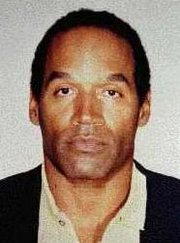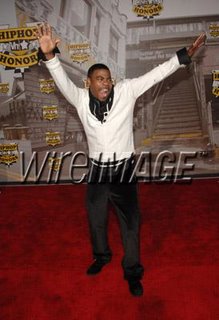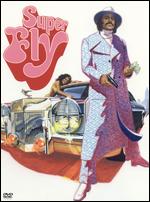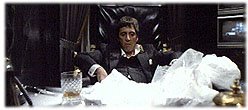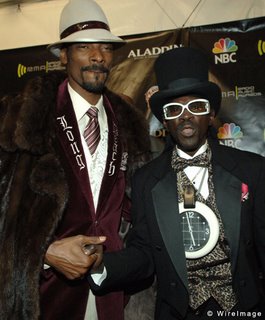Now that the GFOS (that’s Godfather of Soul to you) has left us we can say good-bye not just to a man, but to a tradition of musicians, whose talents and contributions will never be equaled again.

Quincy Jones said it best: “There will never be another Earth, Wind and Fire, James Brown, Ray Charles, Dizzy Gillespie, Parliament-Funkadelic all of those great talents, once they’re gone we’ll never see anything like it again.”
And he’s right.
But before I talk about why Mr. Jones is right let’s first take a look at James Brown.
Mr. Brown (as he liked to be called) was the first Black musician to not only demand his independence, but goddamn it the brother emancipated his damn self! He pressed up his own records and dictated to Syd Nathan (owner of King Records) what his singles were going to be.
This was in the 50’s and 60’s; this was at a time when Black men didn’t tell White men anything. From what I hear, Syd Nathan was no one to fuck with either. He was the kind of guy who, well, if he wanted your legs broken he didn’t need to ask twice.
We talk about the evils of payola today, in Mr. Brown’s day it was just the way things were done. When he gave a deejay money to play his songs he did it with the understanding that you were going to always play his songs and like Don Corleone when he asked for a favor you were not going to refuse him.
Before James Brown we were Colored or Negro – after “Say it Loud (I’m Black and I’m Proud)” we became Black and Afro American. That’s deep cause, from what I hear, in the 50’s if you called somebody Black – you had to fight. It was the equivalent of talking about someone’s mother.
According to Fred Wesley and many others Mr. Brown was very hard to work for. “He’d come walking up to me humming something – it made no sense at all – and would say, ‘Ya hear that?’ I’d say “What’s that Mr. Brown?” “That’s the new tune we’re gonna cut”, he’d say. Now what he would be humming would make no musical sense. He’d holler out chords and keys that would just be wrong, and I’d tell him “Mr. Brown, you can’t do it like this.” And he would say very adamantly “It will work if I say it will work.”
That was James Brown. Many of his classic recordings came together just like that. He was a genius.
Now here’s why Mr. Quincy Jones is right. Record companies today will not allow a genius like a James Brown or a Ray Charles or a Billy Joel, or a Barry White to fully blossom under their rosters. You see record companies and radio stations are run by corporations who have hundreds of investors who are there for the bottom line. Not for art. Record companies will not let an artist make a thirteen minute song like “I Can’t Stand It” or a nine minute jam like ‘Poppa Don’t Take No Mess’. Because radio won’t play a song that ebbs and flows and builds up and breaks down, nah, nah, nah the machine ain’t going for it! Three minutes: hook, verse, hook, verse, hook, verse and that’s it. We’ve been conditioned for: 30 commercials and three minute songs – that’s because of our dwindling attention spans.
So take one good last look at the genius who inspired disco, soul, rap and funk. Take a look at the genius who captivated not one but five generations of people around the world. Take a look at the genius who on one hand made us proud to be Black and stood firmly behind the Civil Rights Movement but also embraced Republicans like Nixon, Ford and Strom Thurmond and sang patriotic songs like “America is my Home’ and ‘Living in America’ and owned his own radio stations. Take a look at the man who bought a city a night of peace at the height of some of the ugliest racial tensions this country has known. Take a look at the man who changed music.


